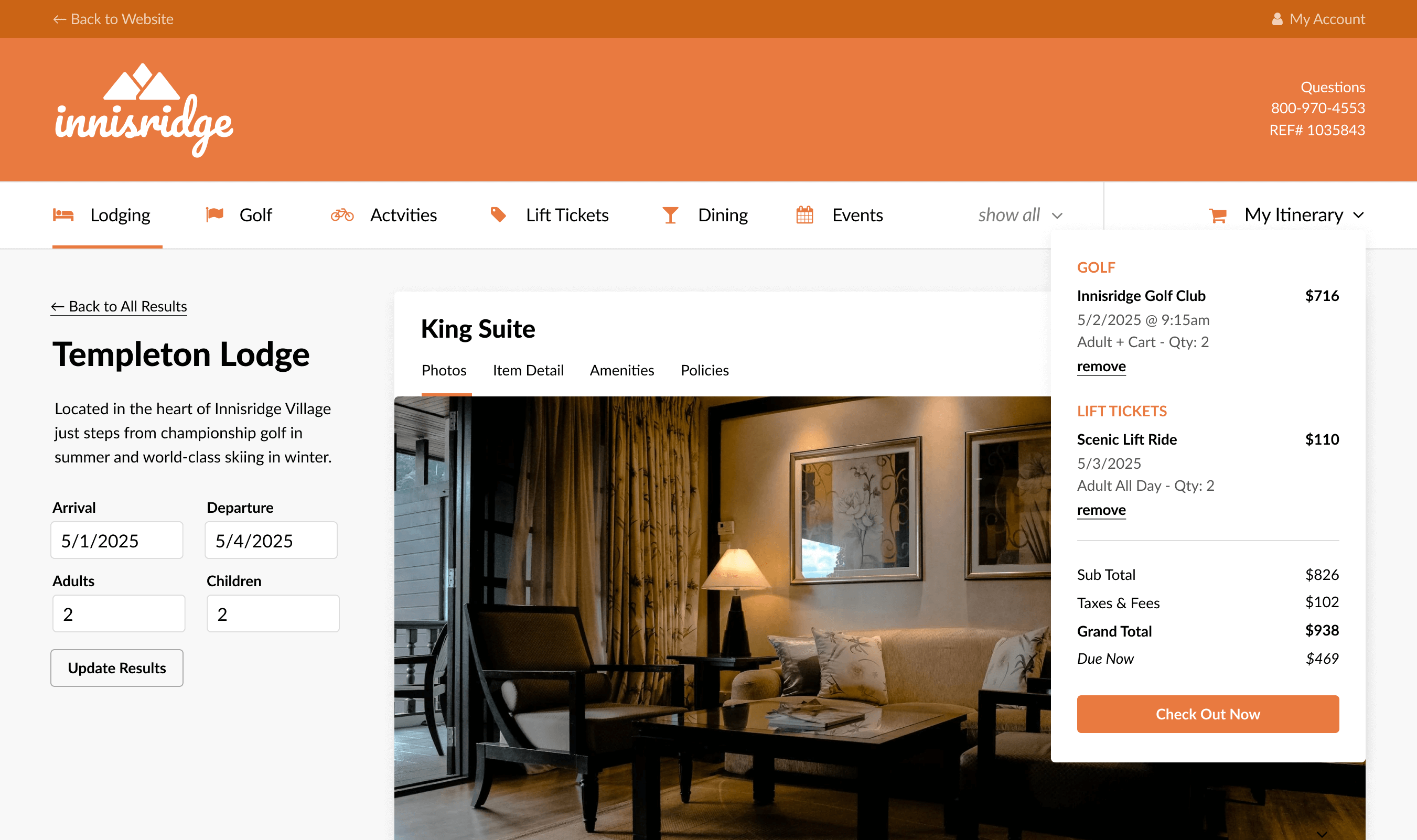
Trends
We’ve analyzed the effects of text length on things like Twitter tweets and email subject lines, but looking back we realized a big one was overlooked: Facebook posts. Suspecting the correlation would depend on the type of content being published we decided to find our answer for each post type. Here’s how it looks.
The Goods
To begin we pulled 44,000 Facebook posts published by resorts during the last year. This sample comprised of 7,500 status updates, 8,000 links, 25,500 photos, and 3,000 videos. We grouped the text length of each post in 25 character increments (1-25, 26-50, etc.) and found the like rate (likes/fans) for each group.
As we found with both Twitter and email subjects, shorter is better in almost every case. However, without the upper-limits of those media, once the performance dips on Facebook it never seems to recover as lengths continue to increase. Though our chart ends at 400 characters, each chart was essentially flat from where Facebook automatical trims and adds a “Read More” link at 480 characters until the data ran out.
What This Means
Perhaps it’s simply another manifestation of the nature of today’s media, but shorter text content leads to more likes. While this makes sense with a photo where the main focus of the content is the image itself, we were surprised to see an almost identical result for text-only updates as well.
The bottom line may simply be that users – whether knowingly or not – reward succinctness with engagement. If you can say it in fewer words, maybe you should.
Marketing Insight of the Week
We publish a new “Stash” post every week. Don’t want to miss the next one? Stick your email below and we’ll make sure you get an alert when it drops.